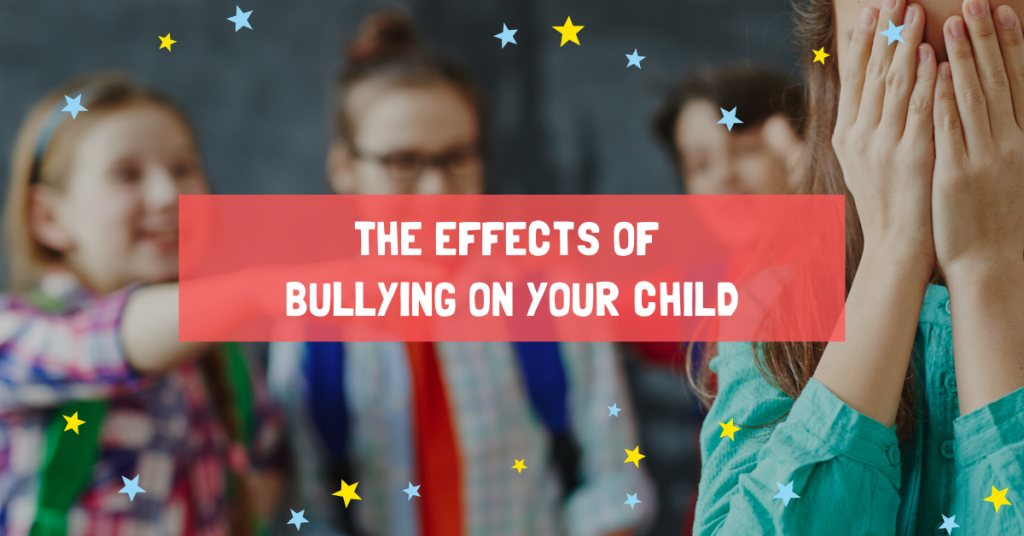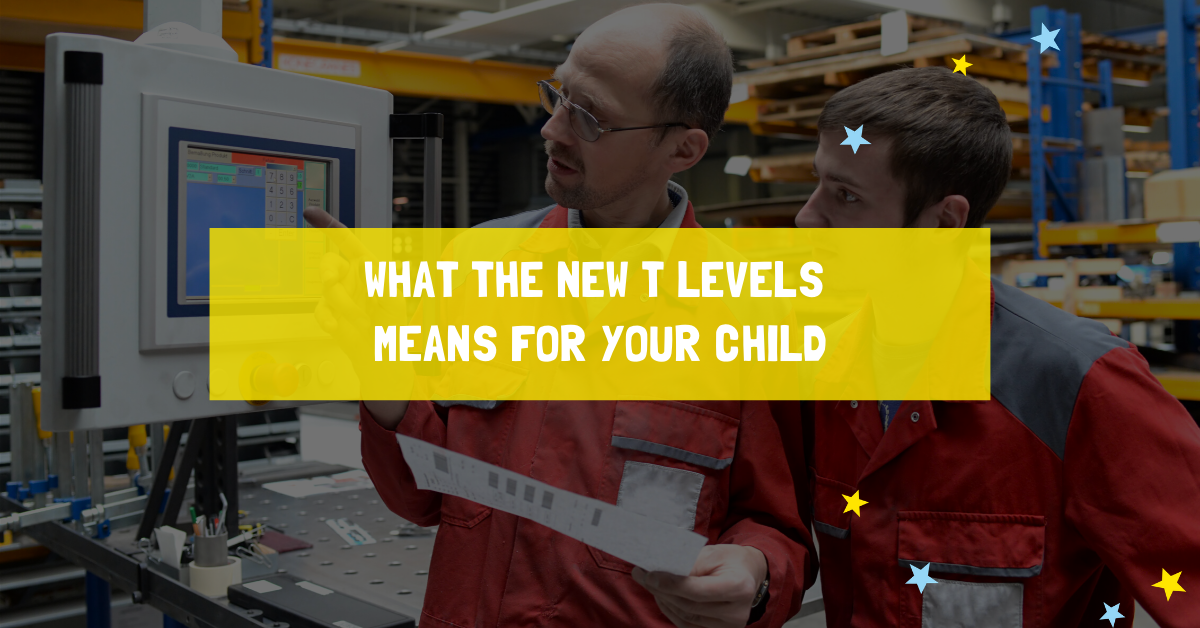Why do kids bully? What causes a child to subject a classmate, sibling or friend to taunting, and in some cases, physical abuse? And what are the consequences for both? Even the child who bullies is likely to be on the receiving end of some form of nasty treatment.
In fact, it’s common to find that children who bully others do so to express their own frustration at being victimised, thus causing a vicious cycle of often unnoticed abuse. In this article, we’ll take a look at the scourge of bullying, its causes and ways we can prevent and counteract against it.
The statistics on bullying in UK schools
Regrettably, British schools have a less than stellar record when it comes to bullying. An extensive report on bullying in the UK found that bullying manifests itself in a wide variety of ways and affects a large portion of students in the UK. Of the more than 14 000 students that were interviewed for the report, nearly 60% said they were bullied by a school mate.
Here are some of the main causes of bullying recorded in the study
- Attitude towards a child’s income/social status
- Dislike of a peer’s hobbies or interests
- Attitude towards a student’s high or low grades
- Dislike of a student’s sexual orientation
- Attitude towards race or religion
The above cover a small sample of the many causes behind bullying amongst school students. Teachers and parents are urged to pay close attention to signs or reports of bullying as early detection and resolution is crucial to minimise the extent of mistreatment.
In Britain, bullying of certain forms can lead to serious legal repercussions, which can leave a blight on a troubled child’s record. Of course, the more pragmatic resolution would see parents and children address the underlying causes of bullying.
Is my child a bully?
That’s a tough question for a parent to ask but one that you’ll be able to answer with a bit of honest examination. Parents who detect a tendency in their child to be overly domineering, possessive or combative shouldn’t let their surprise unsettle them for too long. If you discover that your child is bullying someone, address it firmly in an open dialogue that gives you a view to its possible causes. There are many reasons why a child may resort to bullying others. It could even be as a result of peer pressure or that your child is, in fact, also a victim of bullying.
If your child is bullying a classmate, involve teachers and seek to find a resolution to the problem. Public schools in the UK are required by law to implement an anti-bullying policy and ensure that teachers, parents and students are aware of it.
Is my child being bullied?
It’s very nature can make bullying hard to detect as children who suffer at the hands of others often do so in silence. This is usually out of fear or embarrassment. If your child makes frequent mention of certain friends or classmates in a worrying way, is uncharacteristically withdrawn after school or avoids social situations or events, it may be a good idea to have a conversation about bullying.
Children who endure bullying often just need the slightest encouragement to talk about it. As a parent, you should talk to your child about bullying preemptively to clear any misconceptions about talking about it to someone. The Early Intervention Foundation, found strong evidence that prevention programmes lead to lower acceptance of bullying, reduction in victimisation and a reduction in assisting bullying by others.
Peer pressure
Bullying is often a way for a child to fit in with a crowd that condones the behaviour. It’s unfortunate that children often act against their values by succumbing to peer pressure. However, children who “are on the fence” can be convinced that bullying is not a condonable act in the least.
Preemptive talks with your child about peer pressure, the importance of empathy towards others and fostering an open line of communication with your child will help to prevent unsavoury behaviour due to external social pressures by giving your child a healthy outlet.
Casting a light on bullying
The root causes behind bullying can run deep and may have complex origins. Also, the extent and nature of bullying should determine the kind of intervention necessary. But it begins with you – the parent – to create the kind of environment in which bullying can be prevented/eliminated. Parents can also seek advice from places like The Early Intervention Foundation, school faculty and other local programmes.
The Diana Award Anti-Bullying Campaign uses peer mediation and peer support strategies that train teachers, and students to act as ambassadors against bullying. Participants are taught skills to intervene in situations where bullying occurs and provide support to relevant parties. According to its website, “Our Anti-Bullying work encourages change in attitudes and behaviours for young people by young people, our mentoring schemes guide change for some of the UK’s most vulnerable young people…”
Talk to us
At Boost Education, we believe in championing the cause for education that is nurturing, inclusive and of indelible value in the lives of the UK’s millions of students. Our tutors and staff are of the most reputable professionals in early childhood learning that form a faculty equipped to provide students with the best in education.
Talk to us about providing your child with after school education support. For more news and updates on the UK’s education industry, subscribe to our blog.








